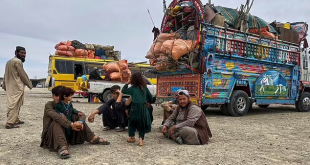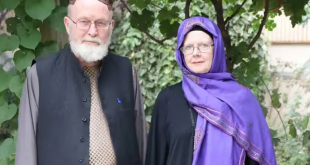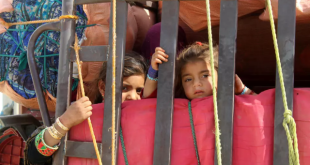AT News
KABUL – The Taliban are intensifying their grip on Kabul’s intellectual landscape through a systematic campaign of censorship. Over 20,000 books have already been confiscated, marking a disturbing focus on materials related to ethnic history, the lives of national leaders, and subjects such as other sects, jihad, and Afghan resistance.
Publishers and booksellers are being warned: resist, and face the prospect of incarceration. The Taliban’s actions indicate a deliberate effort to suppress the diverse cultural and political narratives woven into Afghanistan’s history.
Recent incidents highlight the severity of the situation. Taliban security forces forcibly detained an employee of the Vajeh Publishing House and Bookstore, with reports of violence during the apprehension. Naser Maqsoudi, the head of Maqsoudi Publications, was severely beaten by Taliban members due to his opposition to book confiscation. National Market bookstores in Pul-e-Sokhta were raided, and numerous books were taken away by Taliban members.
Contrary to initial commitments and hints at moderation, the Taliban is revealing a sharp shift towards extremism. The Ministry of Higher Education’s mandate to replace books in university libraries from the Republic era with Islamic texts is indicative of their tightening grip on information. The recent requirement for publishers and booksellers to register details with the Taliban intelligence department further underscores their control over the publishing sector.
These events underscore the challenges and restrictions facing publishing and education in Taliban-controlled Afghanistan. The actions raise concerns about freedom of expression and access to knowledge, echoing the broader implications of the Taliban’s increasing influence over information dissemination in the country.
 Afghanistan Times
Afghanistan Times




